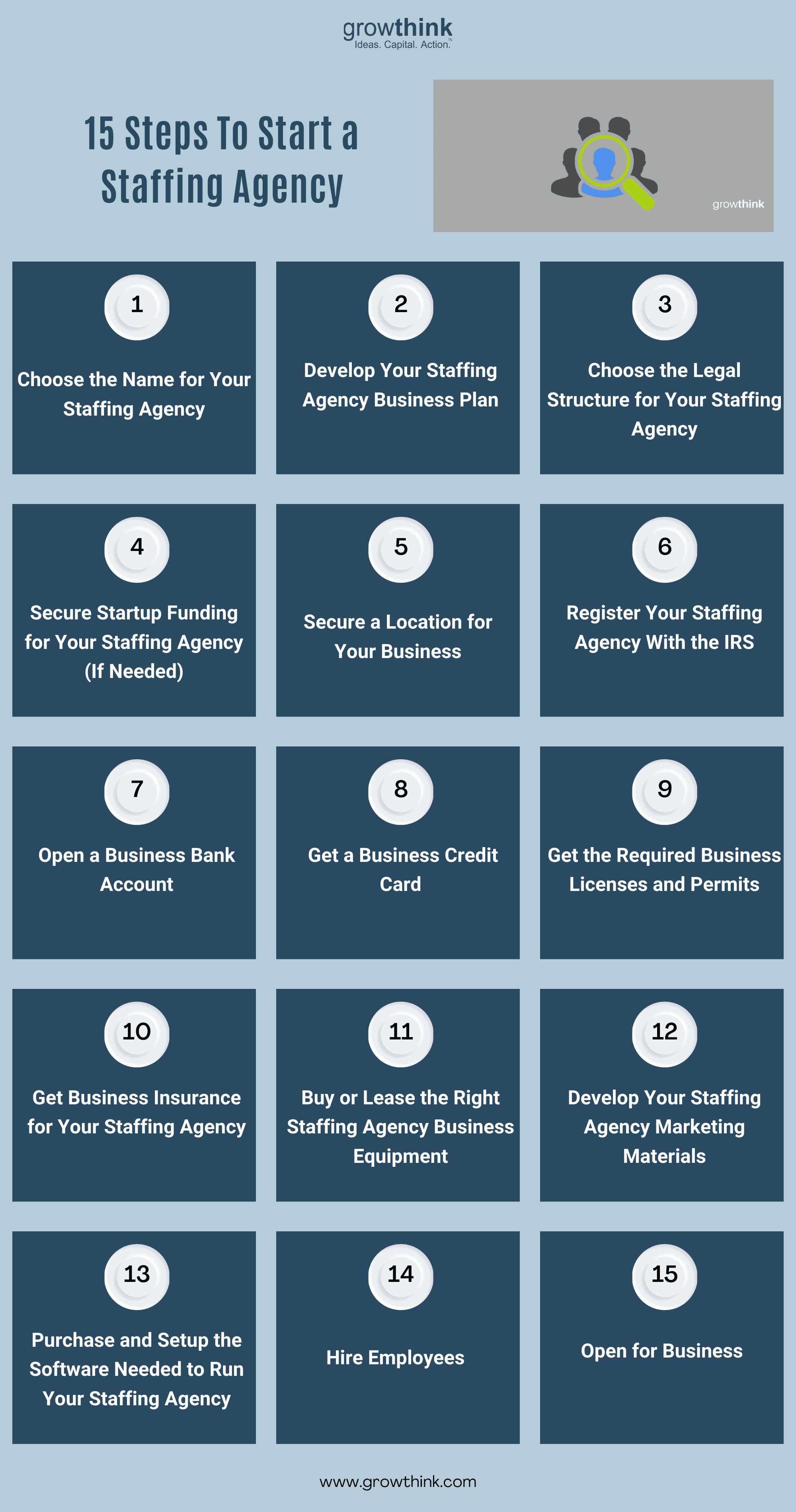
The Ultimate Guide to CNA Agency Jobs: Opportunities, Benefits, and Career Growth
The healthcare industry continues to face staffing challenges nationwide, creating unprecedented opportunities for Certified Nursing Assistants (CNAs) seeking flexible employment with competitive pay. Working through a CNA staffing agency offers unique advantages over traditional employment and can transform your healthcare career trajectory. Let’s explore everything you need to know about CNA agency jobs and how they might be the perfect fit for your professional goals.

What Are CNA Agency Jobs?
CNA agency jobs are positions where certified nursing assistants work through staffing agencies rather than being directly employed by a single healthcare facility. These agencies serve as intermediaries, connecting qualified CNAs with healthcare facilities experiencing staffing needs. Unlike traditional employment, agency work typically offers:
- Short-term or long-term assignments at various facilities
- Greater schedule flexibility and control over when you work
- Typically higher hourly rates than permanent staff positions
- Opportunities to work in different healthcare settings
- The ability to accept or decline assignments based on personal preference
During my first year as a CNA, I worked exclusively at a nursing home with a fixed schedule. After switching to agency work, I was able to increase my hourly rate by nearly 40% while gaining valuable experience across multiple healthcare environments.
Types of CNA Agency Positions
CNA staffing agencies typically offer several types of employment arrangements to match different lifestyle needs and career goals:
PRN (As-Needed) Positions
PRN positions allow CNAs to pick up shifts as desired without a set schedule. This provides maximum flexibility but may not guarantee consistent work or benefits. Hourly rates for PRN positions are typically 15-30% higher than permanent roles to compensate for the lack of benefits and schedule predictability.
Contract Assignments
Contract positions offer a fixed-term agreement (typically 4-13 weeks) at a specific facility with guaranteed hours. These positions provide more stability than PRN work while still offering higher pay than permanent positions. Many contracts include completion bonuses for fulfilling the entire assignment term.
Travel CNA Positions
Travel CNA jobs involve relocating temporarily to work in high-need areas. These positions typically offer the highest compensation, including housing stipends or provided accommodations. Contracts usually last 8-13 weeks with options for extension or new assignments in different locations.
Permanent Placement
Some agencies also help place CNAs in permanent positions at healthcare facilities, functioning more like a recruitment service. While these don’t offer the flexibility of other agency positions, they can provide more stability and benefits while still allowing you to find the perfect workplace match.
I’ve personally worked all four types during my CNA career, but found travel positions to be the most financially rewarding and educationally valuable for my long-term career goals.
Benefits of Working Through a CNA Staffing Agency

Working with a CNA staffing agency offers numerous advantages that standard employment arrangements often can’t match. Based on both my personal experience and conversations with hundreds of agency CNAs, these are the most significant benefits:
Financial Advantages
The financial benefits of agency work often make it an attractive option for CNAs looking to maximize their earning potential:
The Pay Advantage: My Experience
When I switched from facility employment to agency work, my hourly rate immediately jumped from $14.75 to $22.50. As I gained more experience and specialized in acute care settings, some crisis contracts paid up to $35/hour plus stipends – more than many LPNs make in permanent positions. This financial boost allowed me to pay off my student loans faster and save for RN school.
- Higher hourly rates – Agency CNAs typically earn 15-40% more per hour than permanent staff
- Tax-free stipends for travel positions (housing, meals, incidentals)
- Completion bonuses for finishing contract terms
- Overtime opportunities at premium rates
- Referral bonuses for bringing other healthcare professionals to the agency
Flexibility and Work-Life Balance
One of the most appealing aspects of agency work is the ability to create a schedule that fits your life rather than structuring your life around a fixed work schedule:
- Choose when and where you work based on personal preferences
- Take time off between assignments without requesting vacation approval
- Work intensively for periods, then take extended breaks
- Select assignments compatible with family responsibilities or educational pursuits
- Avoid facility politics and toxic workplace dynamics by changing assignments
As a single parent during my CNA career, agency work allowed me to schedule assignments around my child’s school calendar. I could work full-time during the school year and reduce my hours during summer and holidays without having to negotiate with a single employer.
Professional Development and Career Advancement
Agency work can significantly accelerate your professional growth in the healthcare field:
- Diverse clinical experience across multiple healthcare settings
- Exposure to different patient populations and medical conditions
- Adaptability skills from adjusting to new work environments
- Networking opportunities with healthcare professionals across facilities
- Specialized training opportunities offered by many agencies
- Path to advancement into specialized roles or higher education
The variety of clinical experiences I gained through agency work was invaluable when I applied to nursing school. I had worked in settings ranging from rural nursing homes to urban trauma centers, giving me a breadth of experience that set my application apart.
CNA Agency Salary Expectations
Compensation for agency CNAs varies significantly based on location, assignment type, shift timing, and specialization. The following table provides a general overview of what you might expect to earn in different agency positions:
| Position Type | Average Hourly Rate | Additional Benefits | Best For |
|---|---|---|---|
| PRN (As-Needed) | $18-28/hour | Flexible scheduling, higher hourly rate | CNAs needing maximum schedule flexibility |
| Local Contract | $17-25/hour | Guaranteed hours, possible health benefits | Those wanting stability with better pay |
| Travel Contracts | $20-35/hour | Housing stipends, travel reimbursement, benefits | CNAs seeking adventure and highest total compensation |
| Crisis Contracts | $25-45/hour | Premium pay, overtime opportunities | Experienced CNAs willing to work in high-need situations |
According to recent data, agency CNAs earn an average of $41,270 annually compared to the $35,850 average for permanent staff CNAs. Travel CNAs can earn significantly more, with top earners making $50,000-$70,000 annually including stipends.
Remember that higher-paying assignments often require specific skills or experience. Specializing in areas like acute care, rehabilitation, or dementia care can significantly increase your earning potential.

Requirements for CNA Agency Jobs
To qualify for CNA agency positions, you’ll need to meet certain requirements that may vary slightly between agencies. Generally, these include:
Basic Qualifications
- Active CNA certification in good standing
- High school diploma or GED
- Completion of a state-approved CNA training program
- Passing score on the state certification exam
- Current BLS/CPR certification
- Clean background check
- Negative drug screening
- Physical ability to perform essential job functions
- Immunization records and health screenings
Experience Requirements
Experience requirements vary by agency and assignment type:
- Entry-level positions: Some agencies accept newly certified CNAs for less acute settings like assisted living
- Standard positions: Most require 6-12 months of previous CNA experience
- Specialized assignments: May require 1-2 years of experience in specific settings (acute care, rehabilitation, etc.)
- Travel positions: Typically require at least 1 year of experience, often in the specific specialty area of the assignment
Additional Skills and Attributes
Beyond formal qualifications, successful agency CNAs typically possess:
Technical Skills
- Proficiency in basic clinical skills
- Electronic health record (EHR) experience
- Understanding of medical terminology
- Familiarity with various medical equipment
Soft Skills
- Adaptability to new environments
- Strong communication abilities
- Time management and organizational skills
- Problem-solving capabilities
“The most successful agency CNAs I’ve worked with are those who can walk into any facility and adapt quickly while maintaining high standards of care. Technical skills are important, but adaptability and communication are what truly set exceptional agency CNAs apart.”
– Jennifer Morris, Healthcare Staffing Director
How to Find and Apply for CNA Agency Jobs
Finding the right CNA staffing agency is crucial for a positive experience. Here’s a step-by-step approach to finding and securing agency positions:
Researching CNA Staffing Agencies
Begin by identifying reputable agencies that specialize in CNA placement:
- Search online directories for healthcare staffing agencies in your area
- Ask colleagues about their experiences with different agencies
- Check agency reviews on platforms like Glassdoor, Indeed, and social media groups
- Verify credentials – ensure the agency is properly licensed and accredited
- Compare benefits packages including healthcare, retirement options, and paid time off
Agency Research Tip
Don’t limit yourself to a single agency. Many experienced agency CNAs maintain active profiles with 2-3 different staffing companies to access the widest range of opportunities. This strategy helped me find the perfect balance of pay and schedule flexibility throughout my CNA career.
Application and Onboarding Process
Once you’ve identified potential agencies, prepare for the application process:
- Prepare your documents:
- Updated resume highlighting relevant experience
- CNA certification and other credentials
- References from previous employers
- Immunization records
- BLS/CPR certification
- Complete the application: Submit through the agency’s website or in person
- Interview: Prepare to discuss your experience, skills, and assignment preferences
- Skills assessment: Many agencies conduct clinical skills evaluations
- Background check and drug screening: Required by virtually all healthcare employers
- Orientation: Complete agency-specific training and compliance requirements
- Profile activation: Work with your recruiter to set up availability preferences
For more insights on healthcare career opportunities, check out these resources on healthcare jobs in Kent County and Hennepin County employment opportunities.

Challenges and Considerations of CNA Agency Work
While agency work offers many benefits, it’s important to consider potential challenges before committing to this career path. Based on my experience and conversations with other agency CNAs, here are the most common challenges and how to address them:
Warning: Potential Drawbacks of Agency Work
Agency work isn’t suited for everyone. Consider these potential disadvantages before transitioning from permanent employment:
- Inconsistent schedules may lead to irregular income, especially for PRN positions
- Benefits may be limited or unavailable compared to permanent positions
- Constant adaptation to new environments can be stressful
- You may encounter resistance from permanent staff at some facilities
- Travel positions require significant flexibility and comfort with change
Navigating Facility Integration
One of the biggest challenges agency CNAs face is quickly integrating into new facilities with different protocols, cultures, and expectations:
- Request proper orientation – Even a brief walkthrough can prevent major issues
- Be proactive about asking questions – Don’t assume protocols are the same across facilities
- Build relationships quickly – Introduce yourself to key staff members
- Observe facility culture – Note communication styles and hierarchy before jumping in
- Bring reference materials – Many agency CNAs keep a notebook with facility-specific notes
Managing Employment Gaps
Agency work may have periods between assignments, especially for those being selective about positions:
- Maintain relationships with multiple agencies to increase assignment options
- Consider supplementing with PRN work during contract gaps
- Use downtime for professional development and additional certifications
- Build an emergency fund to manage inconsistent income periods
- Plan financially for potential gaps between assignments
By working with multiple agencies, like I did, you can significantly reduce the likelihood of employment gaps while maximizing your options for desirable assignments.
Starting Your Own CNA Staffing Agency
For entrepreneurial CNAs with business experience, starting a staffing agency can be a natural career progression. The growing demand for healthcare staffing solutions makes this a potentially lucrative opportunity for those with industry knowledge and business acumen.
Key Steps to Launch a CNA Staffing Agency
- Conduct market research to identify local demand and competition
- Create a comprehensive business plan with financial projections
- Secure necessary funding through loans, investors, or personal capital
- Obtain required licenses and certifications for your state
- Register your business and establish proper legal structure (LLC, corporation, etc.)
- Secure liability insurance and worker’s compensation coverage
- Develop relationships with healthcare facilities in your area
- Create recruitment and screening processes for CNA candidates
- Implement staffing software for scheduling and payroll management
- Build marketing strategies to attract both clients and CNAs
Starting a staffing agency requires significant upfront investment, with typical startup costs ranging from $60,000 to $100,000 depending on your location and scale. However, successful agencies can become highly profitable within 2-3 years of operation.
Frequently Asked Questions About CNA Agency Jobs
What’s the difference between an agency CNA and a staff CNA?
Agency CNAs work for staffing companies that place them in various healthcare facilities on a temporary basis, while staff CNAs are directly employed by a single facility. Agency CNAs typically earn higher hourly wages but may have fewer benefits and less consistent scheduling than staff positions. Agency work offers more flexibility and variety, while staff positions provide more stability and often include comprehensive benefits packages.
Do agency CNAs receive benefits like health insurance?
Benefit eligibility varies by agency. Many larger staffing agencies offer health insurance, retirement plans, and paid time off to CNAs who maintain a minimum number of working hours (typically 30+ hours weekly). Travel CNA positions often include more comprehensive benefits. PRN or as-needed positions typically don’t include benefits but compensate with higher hourly rates. Always clarify the specific benefits package during the application process.
How much experience do I need before working as an agency CNA?
Most agencies prefer CNAs with at least 6-12 months of experience for standard assignments. However, some agencies have programs for newly certified CNAs, particularly in less acute settings like assisted living facilities. Specialized assignments and travel positions typically require 1-2 years of relevant experience. If you’re a new CNA, consider starting with a permanent position to gain experience before transitioning to agency work.
Can I work for multiple agencies simultaneously?
Yes, many CNAs maintain active profiles with multiple agencies to access more job opportunities. This strategy helps ensure consistent work and allows you to compare assignments for the best fit. However, be careful about scheduling conflicts and avoid canceling committed shifts, as this can damage your reputation with agencies. Being transparent with each agency about your other commitments is essential for maintaining professional relationships.
How do travel CNA positions work with licensing across states?
CNA certification requirements vary by state, and not all states offer reciprocity. Some travel agencies assist with obtaining certification in new states, while others only place CNAs in states where they’re already certified. The Nurse Licensure Compact (NLC) doesn’t apply to CNAs, so you’ll need to verify specific requirements for each state where you plan to work. Many agencies will help cover the costs of obtaining additional state certifications for promising candidates.
What should I look for when selecting a CNA staffing agency?
When choosing an agency, consider: reputation in the industry (check reviews and ask colleagues), transparency about pay rates and deductions, quality of communication with recruiters, types of facilities they work with, availability of assignments in your preferred settings, benefits offered, and support provided during assignments. A good agency should be responsive to your questions, clear about expectations, and advocate for you with client facilities when issues arise.
Conclusion: Is CNA Agency Work Right for You?
CNA agency jobs offer unique advantages that can transform your healthcare career, from higher pay and flexibility to diverse clinical experiences. However, they also come with challenges that require adaptability, self-motivation, and comfort with change.
Based on my years of experience in both agency and permanent positions, I’ve found that agency work is particularly well-suited for:
- CNAs seeking to maximize their income potential
- Healthcare professionals balancing work with education or family responsibilities
- Those looking to gain diverse clinical experience quickly
- CNAs who thrive in new environments and enjoy variety
- Professionals working toward advanced healthcare careers who want broad exposure
However, permanent staff positions might be better for those prioritizing consistency, comprehensive benefits, or deep integration with a single healthcare team.
Ultimately, many CNAs find that a hybrid approach works best—starting with permanent positions to build core skills, transitioning to agency work to diversify experience and increase earnings, then potentially settling into a permanent role in a preferred specialty or moving up the healthcare career ladder.
Whatever path you choose, the skills and adaptability you develop as a CNA provide an invaluable foundation for a successful healthcare career. For more information on healthcare career opportunities, explore our guides on healthcare positions in Kent County and medical jobs in Hennepin County.
About the Author
Sarah Johnson, RN, BSN
Sarah spent five years working as a CNA through various staffing agencies before becoming a registered nurse. Her experience spans long-term care, acute care, and travel assignments across 12 states. She now combines her clinical expertise with writing to help other healthcare professionals navigate their career paths. When not writing or nursing, Sarah enjoys hiking with her border collie and volunteering at community health clinics.


